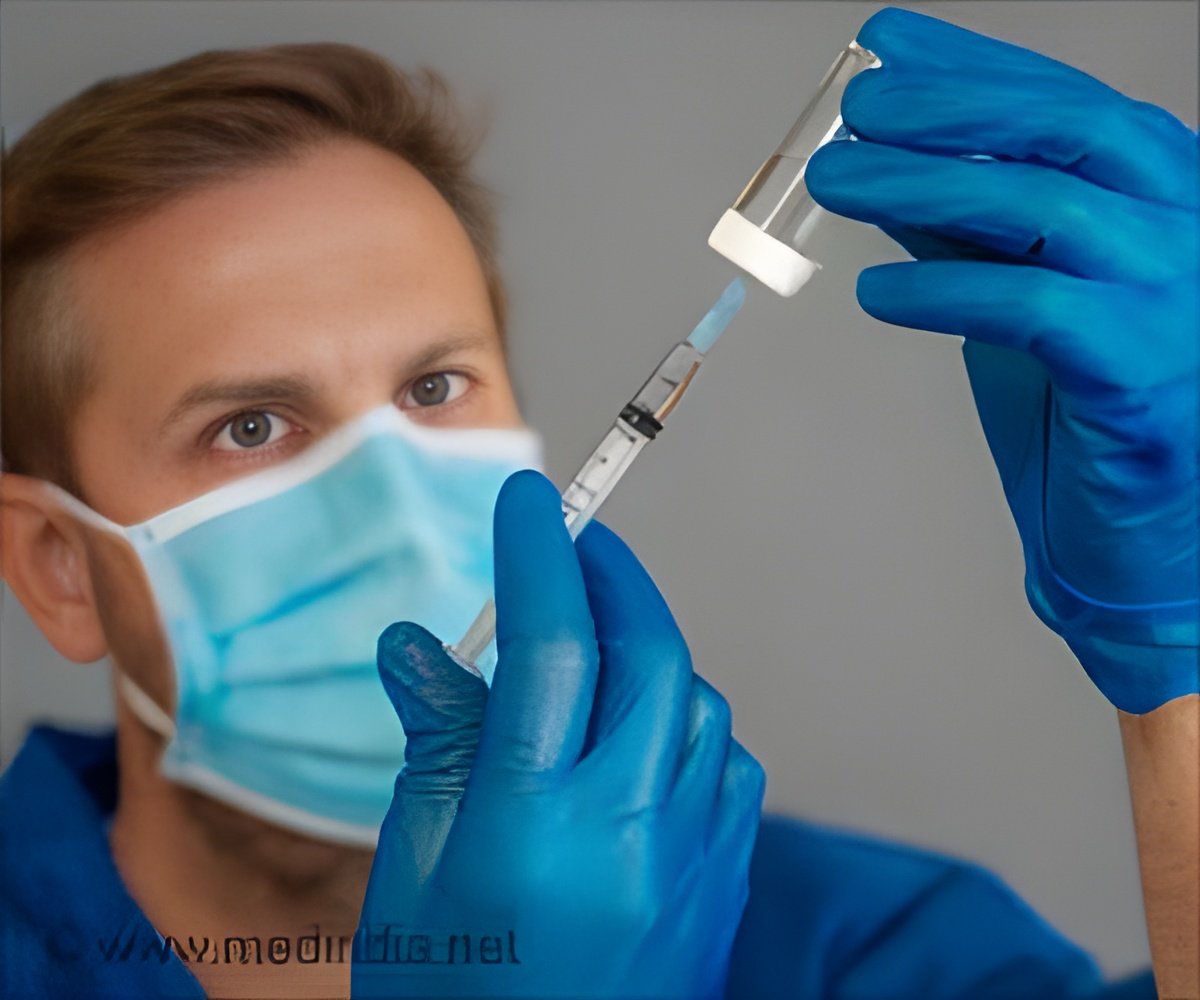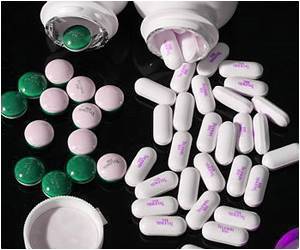The mechanisms by which the SARS-CoV-2 virus hijacks the host lung cells are discovered.

‘The mechanisms by which the SARS-CoV-2 virus hijacks the host lung cells causing complete lung injury are discovered. This identified the efficiency of almost 18 pre-existing clinically approved drugs for re-purposed use towards COVID-19 therapy.
’





COVID-19 Hijack Mechanism:"The virus uses these resources to proliferate while evading attack by the body's immune system. In this way new viruses form which subsequently exit the exhausted and brutally damaged lung cells, leaving them to self-destruct. These new viruses then infect other cells, where the same cycle is repeated," explains the corresponding author Andrew Emili, Ph.D., professor of biochemistry at BUSM.
The researchers examined lung alveolar cells from one to 24 hours after infection with SARS-CoV-2 to get a clear picture of the various mechanism happening at different time points, using a mass spectrometer. Abundance of many proteins and phosphorylation events were observed in infected cells as compared to normal ones.
"Moreover, our data also showed that the SARS-CoV-2 virus induces a significant number of these changes as early as one-hour post-infection and lays the foundation for a complete hijack of the host lung cells," adds Elke Muhlberger, Ph.D., associate professor of microbiology and principal investigator at the NEIDL.
This in-depth study of damaged cells and their pathway identified almost 18 pre-existing clinically approved drugs (developed originally for other medical conditions/diseases) that can be potentially repurposed for use towards COVID-19 therapy. These drugs thus show exceptional promise to block the proliferation of the SARS-CoV-2 in lung cells.
Advertisement















